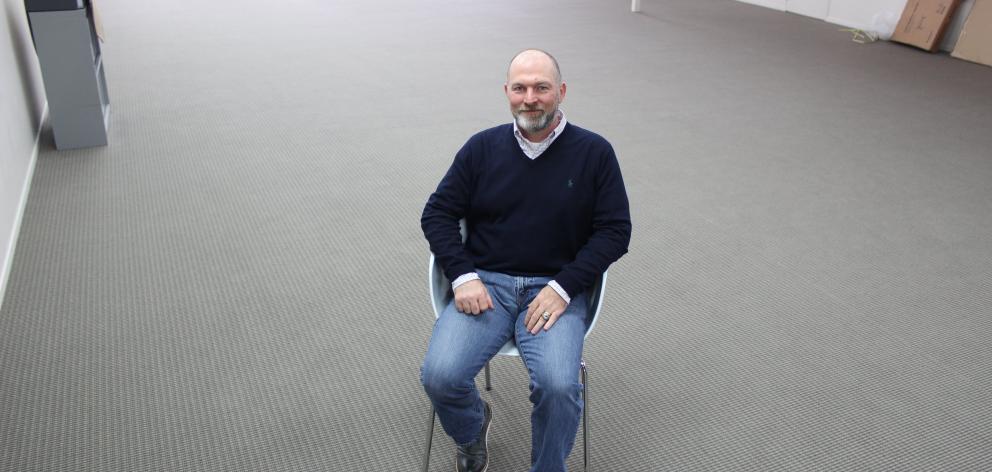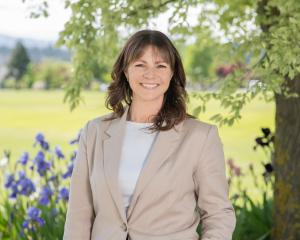
The origins of Steve Cotter’s fascination with technology start with him as a young boy in the United States, fiddling with the most basic of home computers.
"I was in sixth grade at the time. My friends and I got together and one of them had one of the very first Macs. We programmed our own little space invaders game."
That interest continues today as he finishes his second week in living in Alexandra as the head of the Centre for Space Science Technology.
Mr Cotter (50) is one of three staff at the centre, which occupies sparse offices on the second floor of a Centennial Ave building. It is now advertising for a head of research, and in a year will have about 10 staff.
Mr Cotter said he was excited about the "black canvas" space-based research offered in terms of innovation.
"That space is a little bit of a Wild West. There’s a wealth of ideas and people trying things which, to me, is the exciting part.
"When I applied for the job I had no idea that New Zealand even had a space agency. I later found out it was only about a year old."
The Government announced last November it would provide up to $14.7million for the centre as part of its fund encouraging innovation in the regions. The business case for the centre was spearheaded by Alexandra-based research company Bodeker Scientific. The plans were to create a data exchange to make it easier for New Zealand industries to access satellite data from around the world. The next step was to use this data to create useful products to benefit the regions.
One possibility of many is using satellite imagery to aid emergency response during disasters.
"It could give real time or soon-thereafter imaging which quickly identifies where slips might be, or cracks in the earth’s surface after an earthquake."
Much of the centre’s work would involve machine learning and artificial intelligence, he said.
"Creating algorithms so the computers can tell the difference between, say, a fluffy sheep and a fluffy cloud."
The third part of the original business case involved the centre launching New Zealand’s first fleet of satellites in the form of small CubeSats, although that was not definite.
"It’s definitely in our plan and I really hope it’s necessary. I took a bunch of classes on aerospace way back when. I’ve always thought it would be cool, but I don’t want to waste taxpayer money if it isn’t required."
Plans to open other offices in Dunedin, Lincoln and New Plymouth would also only happen if they made "sense at the time".
Before this role, Mr Cotter travelled the world as the inaugural chief executive of Geant, a pan-European research network which has 50 million users across 41 countries.
It connects universities and large research institutions such as Cern (European Organisation for Nuclear Research) and its large hadron collider.
He was first brought to New Zealand as the head of the Kiwi Advanced Research and Education Network, which he ran for four years.
Other high-profile placements include stints at Google and the United States Department of Energy’s Energy Sciences Network.Mr Cotter grew up outside Princeton, New Jersey, but travelled throughout the world with his work. His wife and one of two his teenage sons live in Wellington for the meantime.
He thought his new home was "gorgeous".
"It reminds me of the foothills of California. We used to drive up to Tahoe, which was dry with snowcapped mountains."
It is the technology of connectivity, which Mr Cotter has worked around for decades, which allows innovative research and international collaboration to occur in a small Central Otago town.
"Gone are the days of the scientists twiddling away in their lab with a notebook and making discoveries by themselves. Science these days is pretty much borderless."












